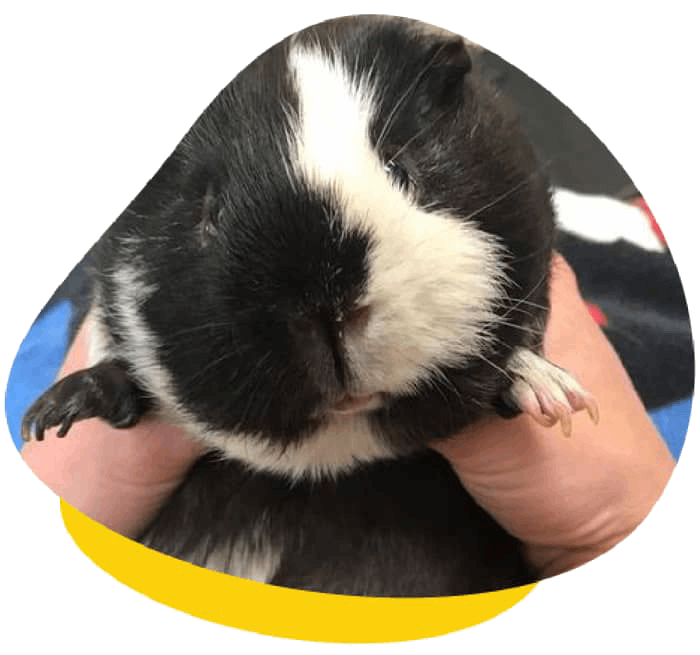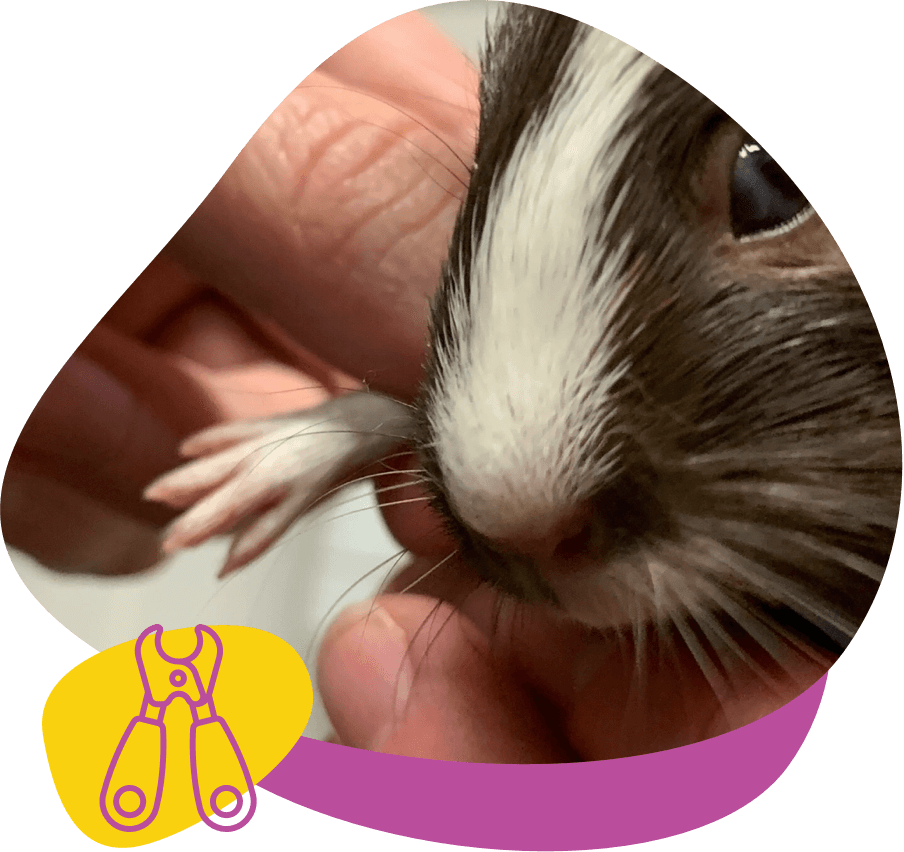
Why Do My Pet’s Nails Get Sharp?
In the wild, your pet would be naturally wearing down their nails during their everyday activities. This could be climbing around in lots of trees for birds or renovating their burrow for rabbits. In captivity, our unusual pets often do not get the same access to perform these natural behaviours, which can lead to their nails becoming excessively long.
When Should Rabbits Be Vaccinated?
Most rabbits are vaccinated from ten weeks of age. If your rabbit is in a high risk situation (for example they are housed outdoors), then we can discuss giving an additional vaccination under ten weeks of age, with a booster four weeks later. However, for most indoor rabbits, one initial vaccination given after ten weeks of age, with a booster required annually, is appropriate.



